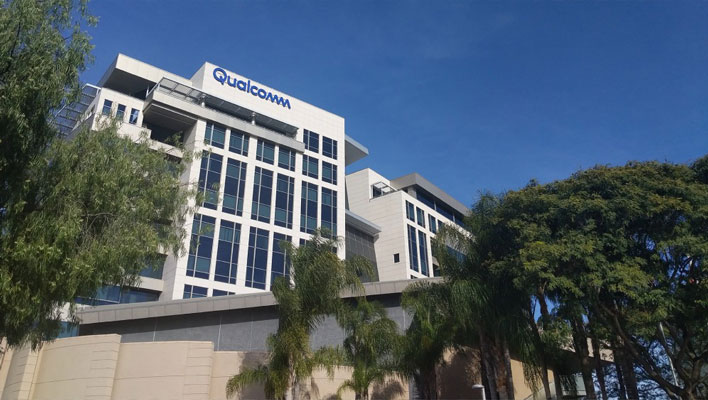DOJ Charges Four In Brazen Scheme To Sell Qualcomm IP It Already Owned

While the DOJ release does not name the victim company, all signs point to Qualcomm. The DOJ release names Karim Arabi as one of the defendants. Arabi served as the Vice President of Research and Development at Qualcomm before his 2016 departure.
The indictment alleges the scheme revolved around a startup Arabi was involved with called Abreezio LLC. Arabi hid his involvement in the startup while at Qualcomm, while simultaneously using his privileged position at Qualcomm to pass information to Abreezio.
Qualcomm acquired Abreezio in October of 2015 for $150 million. The deal included a statement that Abreezio was the sole and exclusive owner of its technology and that everyone involved with its creation had been disclosed. The technology relates to tooling, specifically EDA tools (Electronic Design Automation) used to evaluate microprocessors more quickly.
Abreezio claimed its technology was developed by a Canadian graduate student. In truth, the technology came from Arabi. This graduate student was discovered to be Arabi’s own sister. She even changed her name in an effort to disguise Arabi’s involvement in the startup.
Court documents revealed Arabi was the one who filed Abreezio’s core technology patents. As part of his contract with Qualcomm, any technology he invented while being employed at the company became Qualcomm’s intellectual property.
In effect, this nefarious deal had Qualcomm buying technology it already owned. Abreezio operated as a means for Arabi to sell his work to his former employer for far more than his agreed paycheck. $92 million was paid to Arabi’s sister out of the $150 million deal. The funds were laundered through foreign real estate purchases and interest-free loans.
Arabi allegedly created fake email accounts where he pretended to be his sister. His inside information also allowed Arabi to guide Abreezio’s sales pitch to know what metrics Qualcomm needed to meet and how best to align its product’s compatibility.
Another former Qualcomm vice president is also named, though his involvement is less clear. Ali Akbar Shokouhi left Qualcomm in 2014 before the deal was made. Regardless, Shokouhi hid his own involvement as well by operating through several other companies he controlled – one of which was never disclosed.
The DOJ has arrested Arabi and Shokouhi in San Diego, as well as Abreezio’s CEO Sanjiv Taneja in San Francisco, and Arabi’s sister in Canada. The four defendants face maximum sentences of 20 years in prison, fines of several hundred thousand dollars, and forfeiture of all proceeds and properties involved in the schemes.

